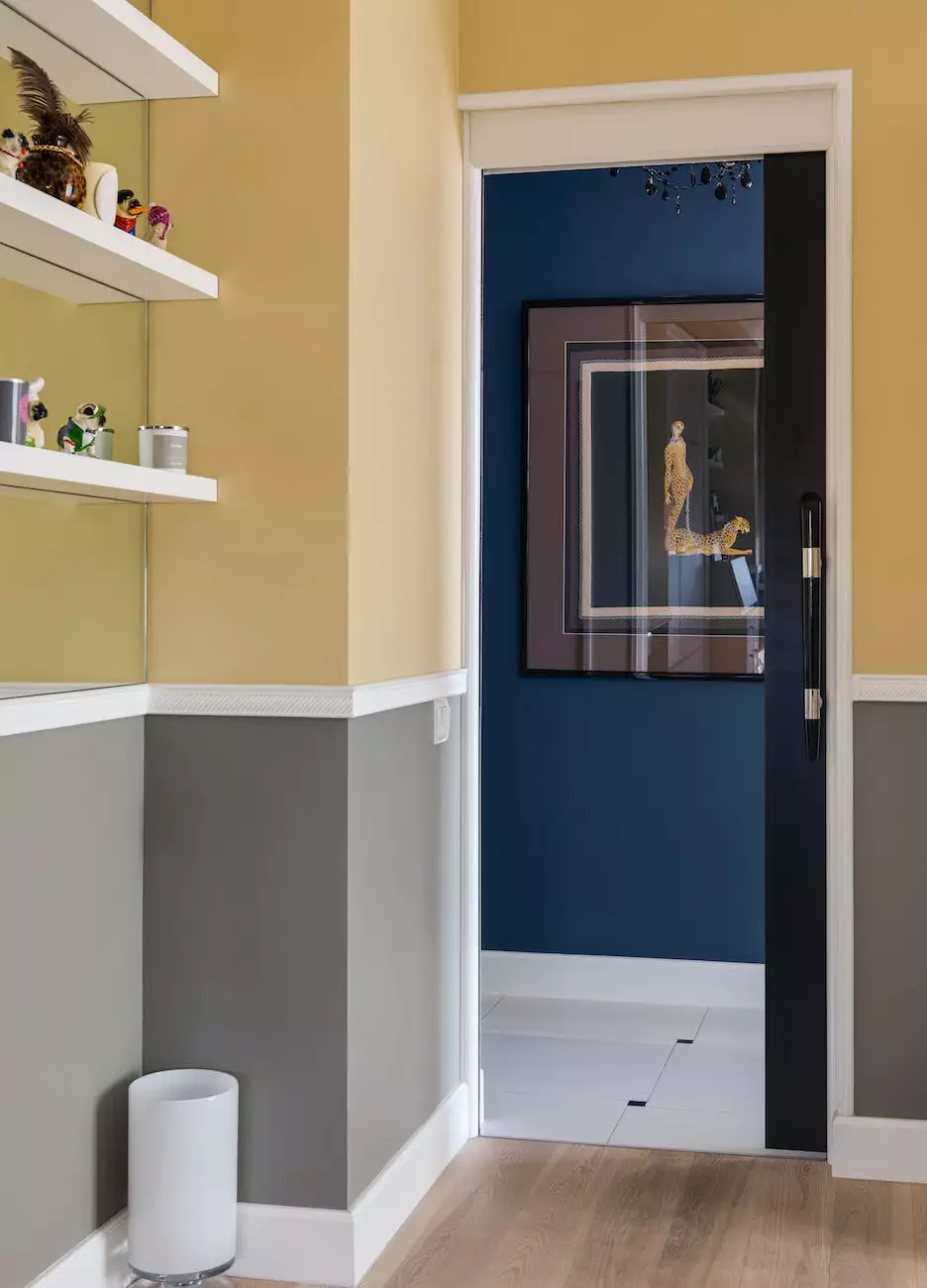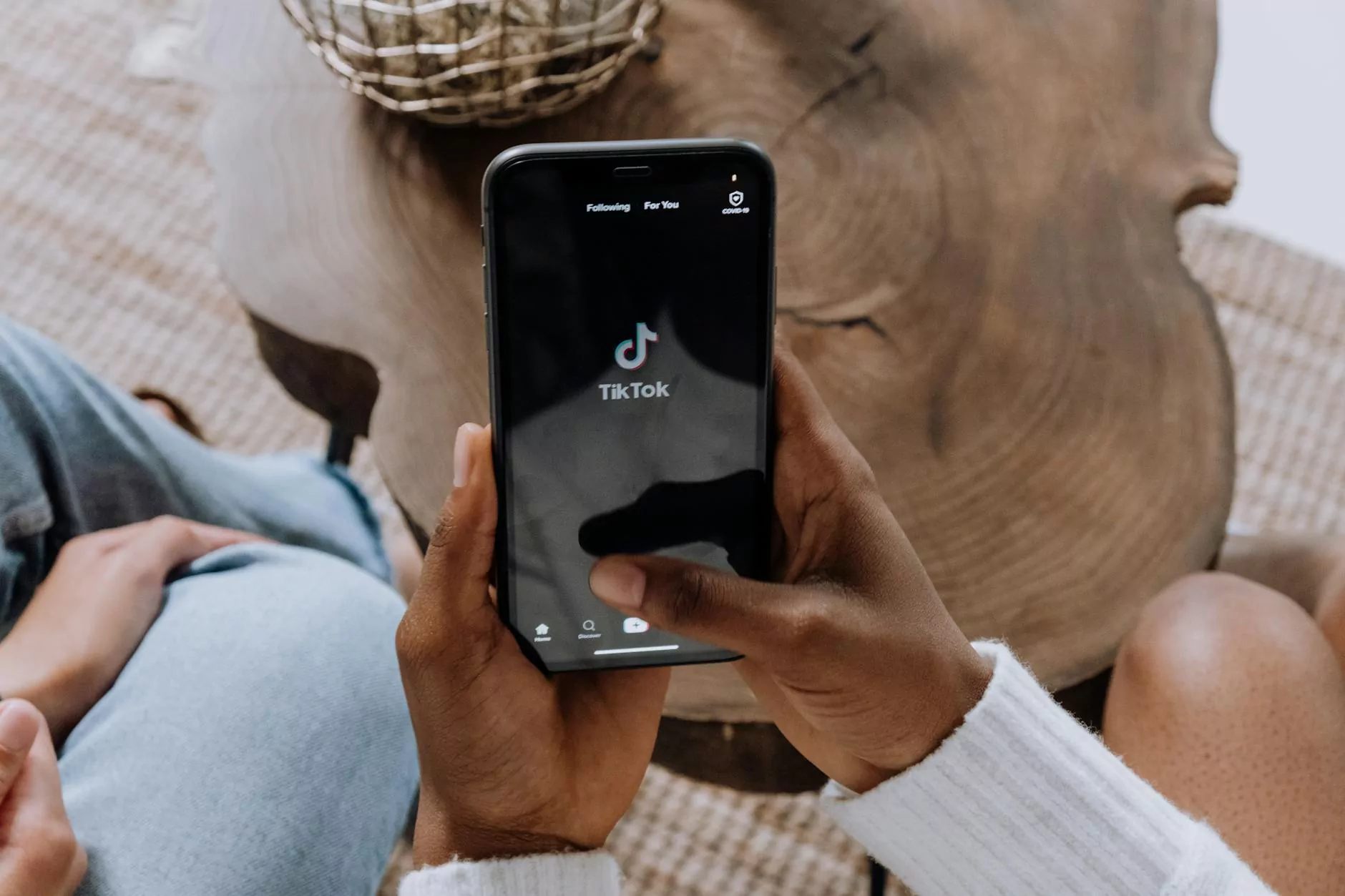How to Politely Ask for Agreement
Blog
Welcome to J7W Multimedia's comprehensive guide on how to politely ask for agreement in the business and consumer services industry! In this detailed article, we will provide you with valuable insights, strategies, and tips to boost your negotiation skills and close deals successfully.
The Importance of Effective Communication in Obtaining Agreement
As a professional in the marketing and advertising industry, establishing mutually beneficial agreements is vital for the growth and success of your business. Effective communication plays a pivotal role in this process. By mastering the art of polite negotiation, you can build strong relationships, secure new clients, and enhance your reputation within the industry.
Setting the Stage for a Successful Agreement
Before diving into the specifics of how to politely ask for agreement, it's crucial to lay a solid foundation for successful negotiations. Here are some key steps to consider:
- Do Your Research: Before entering into any negotiation, it's essential to gather relevant information about the other party involved. Understand their needs, goals, and potential objections. This knowledge will enable you to tailor your approach and effectively communicate the value you can provide.
- Establish Common Ground: Building rapport and finding commonalities can foster a sense of trust and understanding. Look for shared interests or experiences that can help you connect with the other party on a personal level.
- Be Prepared: Anticipate potential objections and challenges that may arise during the negotiation process. Prepare persuasive arguments and compelling evidence to address these concerns proactively.
- Understand Your Value Proposition: Clearly articulate the unique value your marketing and advertising services bring to the table. Differentiate yourself from competitors and demonstrate how your expertise can benefit the other party's business.
Polite Communication Strategies
Once you've laid the groundwork, it's time to master the art of polite communication during negotiations. Below, we've outlined several strategies that can help you navigate this process successfully:
1. Active Listening
Active listening is a crucial skill when it comes to obtaining agreement. Show genuine interest in the other party's perspective, actively engage with their ideas, and ask clarifying questions. By demonstrating that you value their input, you create a collaborative atmosphere and increase the likelihood of reaching a mutually beneficial agreement.
2. Respectful Language and Tone
Choose your words carefully and maintain a respectful tone throughout the negotiation process. Politeness and professionalism go hand in hand. Use phrases such as "I understand your concerns" or "I appreciate your perspective" to acknowledge the other party's viewpoint, even if it differs from your own.
3. Framing the Request
How you frame your request can significantly impact the other party's willingness to agree. Instead of using aggressive or demanding language, try framing your proposal as a solution to a problem or an opportunity for growth. By emphasizing the benefits and value, you create a more receptive environment for agreement.
4. Building Trust and Rapport
Trust is the foundation for any successful agreement. Invest time in building a genuine relationship with the other party. Show empathy, demonstrate reliability, and follow through on your commitments. These actions will help create a trusting environment where both parties feel comfortable reaching an agreement.
Overcoming Objections with Grace
During the negotiation process, objections are likely to arise. Instead of viewing objections as roadblocks, see them as opportunities to address concerns and find creative solutions. Here are a few strategies to help you overcome objections:
1. Empathy and Understanding
When faced with objections, approach them with empathy and strive to understand the underlying concerns. By acknowledging their perspective and addressing their worries, you can find mutually agreeable solutions that satisfy both parties.
2. Offer Compromises
If the other party raises valid concerns, be open to compromise. Find areas where you can give a little, without compromising the core value you bring. The art of negotiation involves finding common ground, and sometimes meeting in the middle is necessary for agreement.
3. Provide Case Studies and Testimonials
To instill confidence in the other party, provide them with case studies and testimonials from satisfied clients who have achieved positive results through your marketing and advertising services. Concrete examples and success stories can help overcome objections and build trust in your capabilities.
4. Demonstrate ROI
Highlight the return on investment (ROI) your services can deliver. Use data-driven insights, industry benchmarks, and projections to clearly illustrate the potential financial benefits the other party can expect by working with you. A compelling ROI can alleviate concerns and motivate agreement.
Mastering the Art of Closing the Deal
Closing a deal is a critical step in obtaining agreement. Employ these techniques to effectively seal the deal with politeness and finesse:
1. Summarize Key Points
Before closing, summarize the key points and agreements discussed during the negotiation process. This ensures that both parties are on the same page and have a clear understanding of the terms and expectations.
2. Address Any Remaining Concerns
Give the other party an opportunity to voice any remaining concerns or questions. Address these concerns calmly and professionally, providing further clarification and reassurance as necessary.
3. Propose Next Steps
After addressing concerns, propose the next steps towards formalizing the agreement. Clearly outline the necessary actions, timelines, and responsibilities to move the process forward smoothly.
4. Express Gratitude and Appreciation
Wrap up the negotiation by expressing gratitude and appreciation for the other party's time, effort, and willingness to agree. Recognize their contribution to the success of the negotiation and reinforce the positive relationship you have built.
In Conclusion
Successfully asking for agreement requires a combination of effective communication, polite negotiation strategies, and the ability to overcome objections gracefully. By applying the techniques outlined in this guide, you can significantly improve your chances of securing agreements and fostering long-term business relationships.
Remember, at J7W Multimedia, we specialize in providing top-notch marketing and advertising services. Contact our team today to learn how our expertise can help you achieve your business goals.










